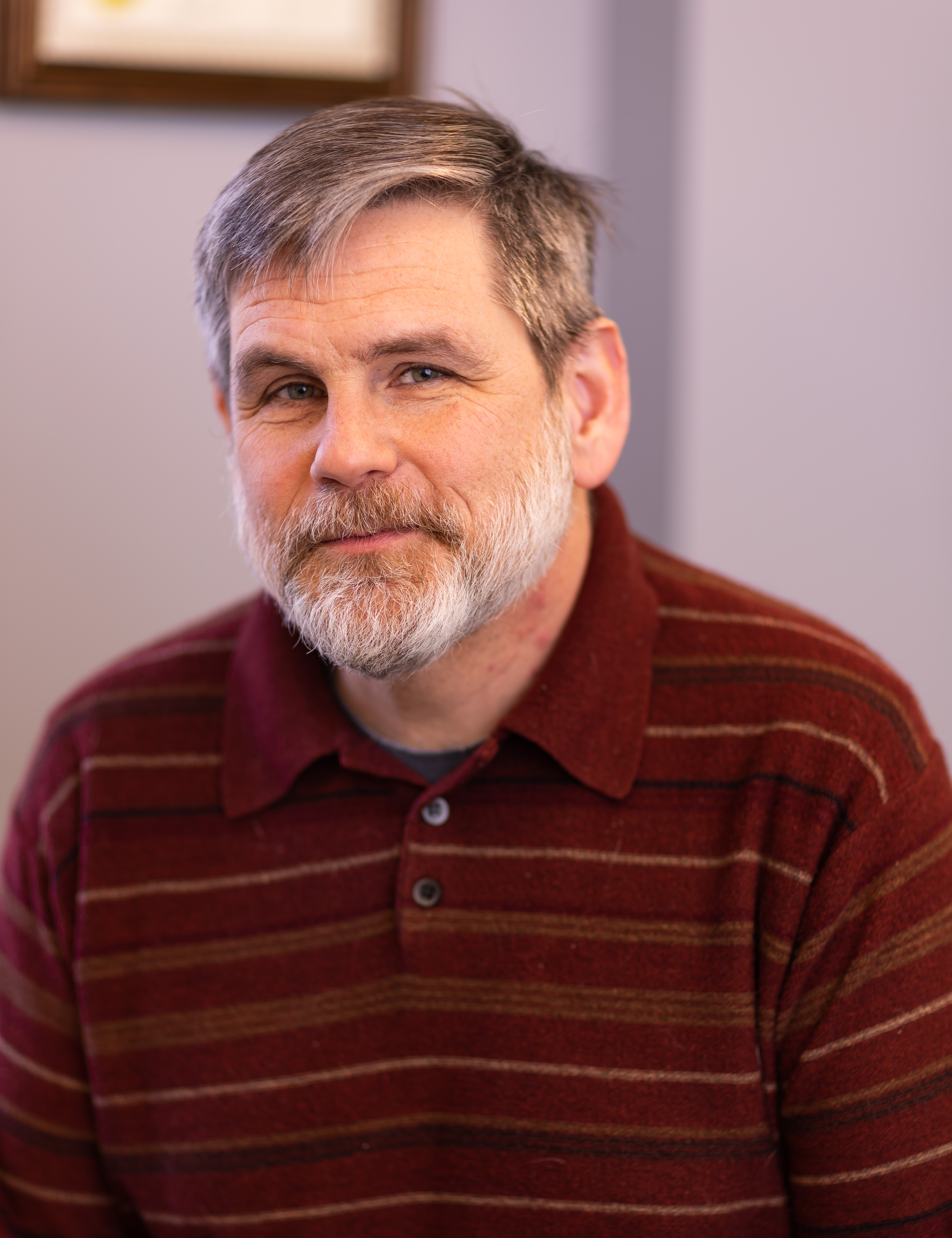Men’s Mental Health Month offers an opportunity to examine issue with nuance and avoid thinking in stereotypes

Statistics show men are less likely to seek mental health support
By Mark Kaufman • JFCS Therapist
I have to admit, it is a little difficult to think of Men’s Mental Health Month co-occurring with Pride Month, with so much important work happening – and needing to happen – in our country related to LGBTQIA+ rights. We also live in a context of anti-Semitism, racial injustice, ablism, and sexism. Men hold more than our share of power, so how does Men’s Mental Health Month figure in to all this?
Men right now are often a little at a loss to understand what to make of all the changes in the world. Some of them are lashing out in anger at the need to accept change, while others are engaged at varying levels of acceptance of a world that rightly asks us to give up some privilege. But that ‘us’ doesn’t necessarily include all men.

Men of color are seeking basic safety in a world that often sees them as a threat. Trans men are also in a position of impaired safety and reduced privilege. When people think men, they think in blanket terms. Perhaps what comes to mind for most first is white men – white cis men. The heterosexual ones – probably also married, middle class, employed, without a disability, and most likely Christian or maybe Jewish. Probably neurotypical as well.
It is important to understand that men are much more than that. Some are stay-at-home dads. Some have a disability, and not all of those are obvious, but may impact employment and academic goals just as solidly. Some struggle with illness and of course, some are directly impacted by anti-Semitism, racism, Islamophobia, heterosexism, transphobia, poverty, or ablism. Some may be impacted by multiple aspects of these. In calling attention to men’s mental health, I want to call that attention to a greater diversity of men. Here are some things to think about:
- Men are about four times likelier than women to die by suicide.
- Men are less likely to seek mental health support.
- Gay men under 25 are at increased risk of suicide.
- Gun-involved suicide attempts, which are more lethal than other means, are more likely among men and veterans.
- Half of teenaged transgender men reported attempting suicide in a 2018 study.
- Men of color are much less likely to receive needed mental health support due to access and stigma.
Men are part of a world that is changing, as is everyone else. While some may embrace this change and others resist it, there needs to be resilience and adaptability. Honestly, I see accepting many of these changes in the world that improve acceptance, diversity, and inclusion as beneficial to men.
Unique to many men is the idea that feelings are not really for them, or at least communicating them isn’t. This can lead to impaired mental health, physical health, and relationships. With the couples/partners I see, a lot of the work is engaging men with their emotions and how to communicate about them. This emotional literacy is important, but so many of us are behind, living with myths about feelings other than anger about being not masculine enough. This is a disadvantage of patriarchy directly impacting men, though in no way would I imply men suffer from the injustices of patriarchy in the same way other genders do.
One of the best ways men can go about improved mental health and emotional literacy is to try to talk about emotions if they can. If they are really struggling, men may need more help to get there. Some good resources for self-improvement would include reading Permission to Feel: Unlocking the Power of Emotions to Help Our Kids, Ourselves, and Our Society Thrive, by Marc Bracket, or looking at the inventory of emotions and needs on The Center For Nonviolent Communication’s website. Take several moments every day and try to identify your feelings, notice how they feel in your body. You’ll begin to be more aware of them, and, hopefully, more aware of others’ feelings too.
If you would like to meet with a mental health provider, contact us at 952-546-0616. Click here for more information on JFCS’ Counseling team.
